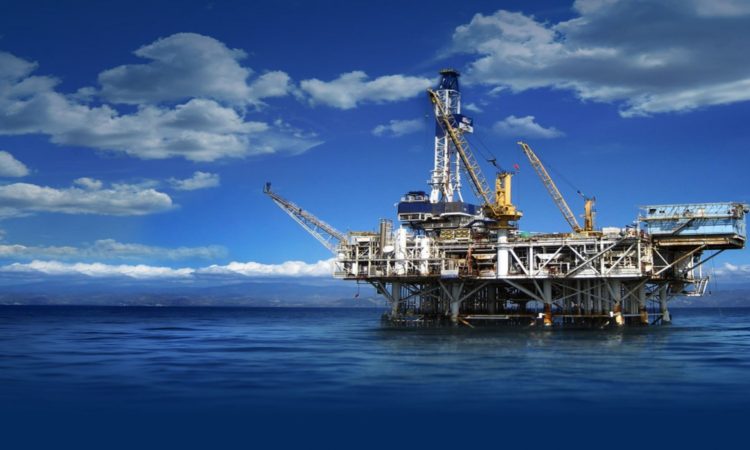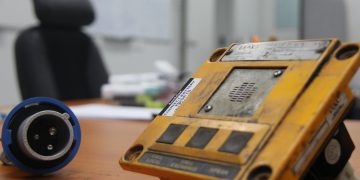The Ultimate Guide To Roar Solutions
The Ultimate Guide To Roar Solutions
Blog Article
The Only Guide to Roar Solutions
Table of ContentsRoar Solutions Can Be Fun For EveryoneTop Guidelines Of Roar SolutionsRoar Solutions Can Be Fun For Anyone
In order to shield setups from a prospective surge an approach of analysing and classifying a possibly harmful area is required. The purpose of this is to make certain the proper selection and installation of tools to inevitably protect against a surge and to ensure safety of life.
(https://www.pearltrees.com/roarsolutions#item694973743)
No tools should be installed where the surface temperature of the devices is higher than the ignition temperature level of the offered threat. Below are some usual dirt hazardous and their minimum ignition temperature. Coal Dust 380C 225C Polythene 420C (thaws) Methyl Cellulose 420C 320C Starch 460C 435C Flour 490C 340C Sugar 490C 460C Grain Dirt 510C 300C Phenolic Resin 530C > 450C Aluminium 590C > 450C PVC 700C > 450C Soot 810C 570C The chance of the threat being present in a focus high adequate to cause an ignition will differ from place to place.
Hazardous location electrical equipment maybe created for usage in greater ambient temperatures. Area Repair By Authorised Personnel: Challenging testing may not be needed nonetheless specific procedures might need to be followed in order for the equipment to keep its third party rating. Each piece of equipment with a harmful score should be evaluated independently.
The 3-Minute Rule for Roar Solutions
The tools register is a thorough database of devices records that consists of a minimum set of areas to identify each thing's place, technical parameters, Ex category, age, and environmental information. The proportion of Comprehensive to Close evaluations will be figured out by the Equipment Risk, which is analyzed based on ignition threat (the probability of a resource of ignition versus the likelihood of a flammable ambience )and the hazardous area classification
( Zone 0, 1, or 2). Implementing a robust Risk-Based Evaluation( RBI )technique is essential for making sure compliance and safety in handling Electrical Equipment in Hazardous Locations( EEHA).
Fascination About Roar Solutions

In regards to explosive risk, a dangerous area is a setting in which sites an eruptive ambience exists (or might be expected to be existing) in quantities that require special precautions for the construction, setup and use equipment. hazardous area course. In this write-up we discover the challenges faced in the workplace, the threat control actions, and the needed competencies to work securely
It issues of modern life that we manufacture, store or manage a series of gases or fluids that are deemed combustible, and an array of dusts that are regarded flammable. These substances can, in certain problems, develop explosive atmospheres and these can have major and heartbreaking effects. A lot of us are acquainted with the fire triangular eliminate any type of among the three aspects and the fire can not occur, yet what does this mean in the context of dangerous locations? When breaking this down into its simplest terms it is essentially: a combination of a particular quantity of launch or leakage of a certain compound or material, combining with ambient oxygen, and the visibility of a source of ignition.
In many circumstances, we can do little concerning the levels of oxygen in the air, but we can have considerable influence on resources of ignition, as an example electrical devices. Dangerous areas are recorded on the dangerous location classification drawing and are recognized on-site by the triangular "EX-SPOUSE" indication. Here, among various other crucial information, areas are split right into three types depending upon the danger, the possibility and period that an eruptive atmosphere will certainly exist; Area 0 or 20 is deemed the most unsafe and Zone 2 or 22 is regarded the least.
Report this page